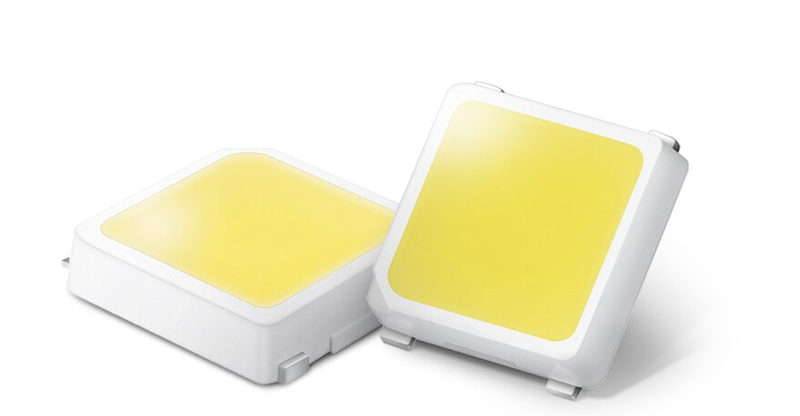Samsung Scores Decisive Victory Over Link Labs, Ending Six-Year Patent Dispute
Input
Modified
U.S. Federal Appeals Court Rejects Link Labs’ Retrial Request Key Dispute: 'Filing Date vs. Publication Date' in Patent Priority Interpretation Samsung Prevails Again After Appeals and Reexamination

Samsung Electronics has secured a final victory in its long-running patent dispute with U.S.-based AC-LED company Lynk Labs. The U.S. Court of Appeals for the Federal Circuit rejected Lynk Labs’ request for a full court rehearing, in which the company had sought a legal review regarding the timing of its patent filings. The court upheld the earlier decision by siding with Samsung, effectively ending a six-year legal battle. The ruling is expected to set an important precedent in determining how prior art is evaluated in relation to patent filing dates.
Federal Appeals Court Rejects Lynk Labs’ Full Rehearing Request
At the center of the case is U.S. Patent No. 10,687,400, referred to as the ‘400 Patent, which Lynk Labs claimed Samsung had infringed. However, both the Patent Trial and Appeal Board (PTAB) and the Federal Circuit found that a similar invention had been filed by another inventor 10 months earlier, making it prior art and rendering the 400 Patent invalid.
Lynk Labs argued that the patent should have been entitled to an earlier priority date based on a provisional application filed in 2003. If accepted, this would have disqualified the cited prior art. But the PTAB and the court rejected this claim, holding that the earlier invention's filing date, not its publication date, establishes its validity as prior art—a ruling that strengthens the interpretation of Section 102(e) of the U.S. Patent Act.
The PTAB sided with Samsung in September 2023, and the Federal Circuit affirmed the decision in early 2024. Lynk Labs then sought a rare en banc rehearing, arguing that the Federal Circuit’s interpretation of patent priority date law was flawed and created uncertainty across the industry. However, the court dismissed the request, emphasizing: the filing date, not the publication date, governs whether a reference qualifies as prior art; the PTAB applied an ordinary interpretation of the claim language and did not mischaracterize technical terms; and there was no exceptional legal issue warranting a full court review.

Ruling Affirms Patent Filing Date as Benchmark for Prior Art
The conflict began in 2019 when Lynk Labs demanded licensing fees from Samsung, claiming infringement of multiple LED-related patents. In 2020, the U.S. firm filed 11 infringement lawsuits against Samsung in the Western District of Texas, specifically citing technologies used in Samsung’s Galaxy S21 Ultra.
Samsung denied the allegations and countered by initiating a declaratory judgment action and filing a petition with the PTAB to invalidate the 400 Patent. In its petition, Samsung argued that prior patents and published applications disclosed similar technologies before the 400 Patent's earliest valid priority date.
Decision Sets Key Precedent in U.S. Patent Law Interpretation
Legal experts note that this ruling affirms the longstanding principle that earlier-filed but later-published applications can qualify as prior art, regardless of whether they matured into granted patents. The decision also reinforces the authority of the PTAB in invalidating patents through inter partes review (IPR) procedures, even when priority claims are disputed.
Moreover, the Federal Circuit’s rejection of the full court rehearing underscores that such petitions are granted only under extraordinary circumstances, typically involving conflicts with prior precedent or systemic legal questions. Lynk Labs' claim that this case met that threshold was firmly rejected.
The court’s final decision marks a clear and complete legal win for Samsung, ending a multi-year patent battle that reached the highest levels of U.S. patent adjudication. The ruling could now serve as a landmark precedent in future disputes over the interpretation of priority dates, prior art, and patent validity in both technology and intellectual property law.





















